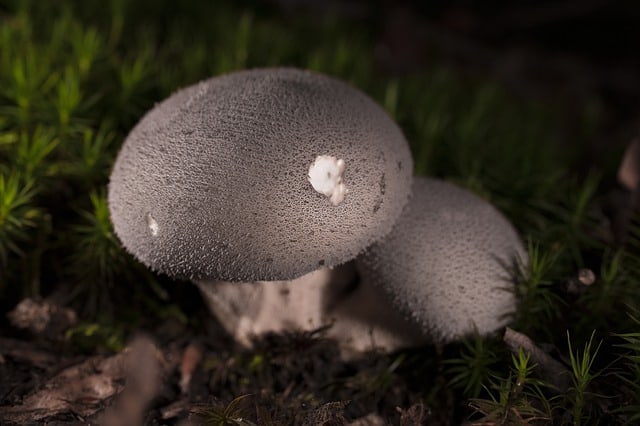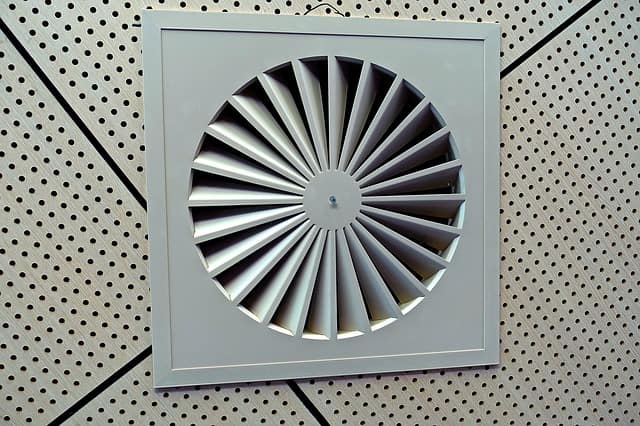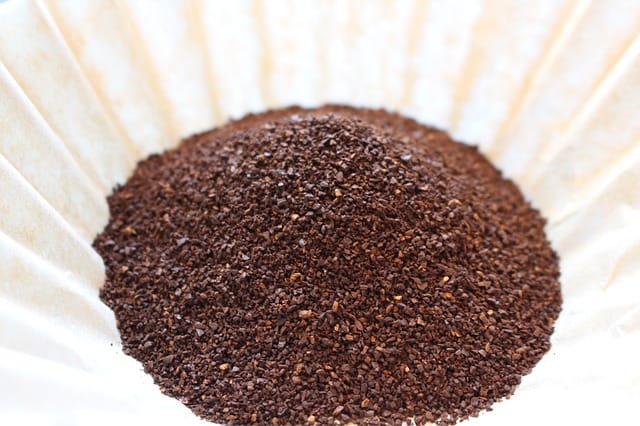Microgreens are a type of seed that is small, edible, and has a pleasant flavor. They are high in antioxidants and minerals, and because these plants lack digestive enzymes that create indigestion and acid reflux, they are ideal for people with delicate digestive systems.
Continue reading to discover why microgreens are beneficial to your gut health and how they provide important prebiotics and anti inflammatory properties. Find out why raw is best, the recommended daily intake and how to avoid any potential side effects from microgreen consumption.
Are Microgreens Good For Gut Health?
Microgreens contain natural health-promoting substances which are beneficial for your gut flora!
The bacteria in your gut microbiome uses a variety of enzymes to transform the molecules in your meal into antioxidants and other health-promoting compounds. Feeding your gut nutritious foods like fruits, cruciferous vegetables, root vegetables, and whole grains can produce even more healthy enzymes.
A healthy gut microbiome can convert chemicals in microgreens into accessible phytonutrients, such as Sulforaphane. Research has shown that Sulforaphane can help prevent cancer, promote weight reduction, improve cardiovascular health, and lower inflammation.
Can You Eat Microgreens Every Day?
You can safely consume microgreens as a substitute for other vegetables as part of a well-balanced daily diet. They’re beneficial for people who want to have more green leafy items in their diet but don’t want to consume salad after salad.
The USDA suggests that adults consume between five and thirteen servings of fruits and vegetables each day, all of which can be microgreens if you wish. The serving size of microgreens is roughly 25 grams.
What Are The Digestive Benefits Of Microgreens?
Microgreens help to relieve constipation. As part of a well-balanced diet, they may help you go to the bathroom, as fiber is known to assist in the alleviation of constipation.
Additionally, the high prebiotic fiber can help sustain the friendly probiotic organisms in your stomach. These fibers promote the growth of beneficial bacteria in the intestine with links to overall health and well-being.
Are Microgreens Inflammatory?
Microgreens and vegetable consumption, in general, has been demonstrated to lessen inflammation indicators as well as the risk of several cancers.
Parsley greens contain various vitamins, including vitamin K, which is essential for bone health and blood clotting. Parsley greens are anti-inflammatory, brain-protecting, gastroprotective, anti-diabetic, antibacterial, and antifungal.
Along with parsley greens, beetroot is high in antioxidants and anti-inflammatory compounds. As a general rule, almost all microgreens contain these compounds. They’re also connected to a lower incidence of obesity and type 2 diabetes.
Are Microgreens Prebiotic?
Prebiotics are healthy substances that have qualities that promote the natural growth of good gut flora.
Prebiotics found in cruciferous microgreens, such as broccoli and cabbage, boost the body’s natural resistance against infections.
How Do Microgreens Affect Your Stomach?
Microgreens can aid gut health. Eaten within a healthy, balanced diet, foods high in dietary fiber, such as microgreens, can help with constipation and other gastrointestinal issues. Dietary fiber may also work as a prebiotic or a material that promotes the growth of good bacteria in the human microbiome.
Can Microgreens Cause Diarrhea?
If you consume microgreens that contain harmful bacteria, you can become ill in one to three days. Vomiting, diarrhea, and abdominal discomfort are signs of foodborne infection, as are flu symptoms like fever, headache, and body soreness.
You are unlikely to develop chronic or life-threatening health problems unless you have a severe sickness.
The contaminants most commonly associated with microgreens are listeriosis and salmonellosis. Listeriosis is a foodborne ailment caused by listeria bacteria. Salmonella infection is a bacterial illness that affects the intestines.
One of the most likely causes of these infections is contaminated water or food.
Which Microgreens Could Cause Stomach Upsets?
There are some plants that you can avoid to limit your chance of sickness.
The nightshade family includes tomatoes, eggplants, and potatoes. You should discard the green part of the potato. It’s bitter and contains solanine, which can make you sick if consumed in large amounts.
They should not be grown as microgreens.
How Can I Avoid Stomach Upsets From Microgreens?
- Look for the certified organic label.
- Maintain sterile containers, certified organic seed and seedling mix, good air circulation, and not too much water or humidity if you’re growing them yourself.
- Wash your hands.
- Always cut microgreens above the stem/root line.
- Refrigerate your microgreens in a vented container.
Do Microgreens Contain Lectins?
A lectin is a plant’s self-defense mechanism. It makes predators less likely to consume that particular plant in the future. Lectins in food, on the other hand, can poison both animals and humans.
Lectins cling to sugar molecules in your body wherever they can find them. And these lectins or plant proteins can permeate the cells that line your intestines if you consume too many of them.
These cells operate as a barrier, preventing infections and dangerous bacteria from entering your gastrointestinal tract. If plant proteins breach this barrier, immune system difficulties can occur.
So-called “nightshade” veggies are the biggest culprit when it comes to vegetables. Tomatoes and potatoes are two examples. The peels and seeds of these vegetables contain the majority of the lectins.
Which Microgreens Are Free Of Lectins?
Lectins aren’t in every vegetable. Lectin-free vegetables include broccoli, cauliflower, and Brussels sprouts. Others include asparagus, celery, garlic, and onion.
Can You Eat Microgreens Raw?
Experts recommend consuming microgreens raw, as cooking depletes their vitality and crucial water-soluble vitamins and enzymes. The greens should be kept refrigerated in a dry, airtight container.
Raw microgreens are safe to eat for the most part. We don’t consume raw sprouts since they generally grow hydroponically in a soilless and wet environment (limited ventilation and sunlight), which encourages bacteria and fungal growth. Microgreens, on the other hand, grow in a far more sanitary setting.
Are Microgreens Good For The FODMAP Diet?
A low FODMAP diet avoids consuming a specific carbohydrate type. This carb is tough to digest and could create problems for those who suffer from digestive issues. It leads to poor small intestinal absorption and longer fermentation in the large intestine.
Your body will produce a lot of gas and other byproducts if you eat a high FODMAP diet. Generally, this is not a problem for healthy people. Still, it can be excruciatingly painful for those with gastrointestinal issues like IBS (Irritable Bowel Syndrome) and IBD (Inflammatory Bowel Disease) who have sensitive guts.
The majority of microgreens are low FODMAP and can be easily absorbed by our intestines.
Hi, I’m John Stephens, chief editor and writer for Totalgardener.com. I’ve been gardening and raising animals for over 15 years starting with a small backyard plot in Northern Virginia where I grew corn, potatoes, squash, and using a high mulch technique called the Ruth Stout Method. I also raised ducks and small mammals for meat and eggs in a movable pen similar to the ones used by Joel Salatin. I later moved to Colorado where I experimented with growing greens using aquaponics inside. I eventually added a microgreens setup and home sprouting operation. I’m excited to share everything I’ve learned plus more from the other local gardening and animal raising experts I know.



